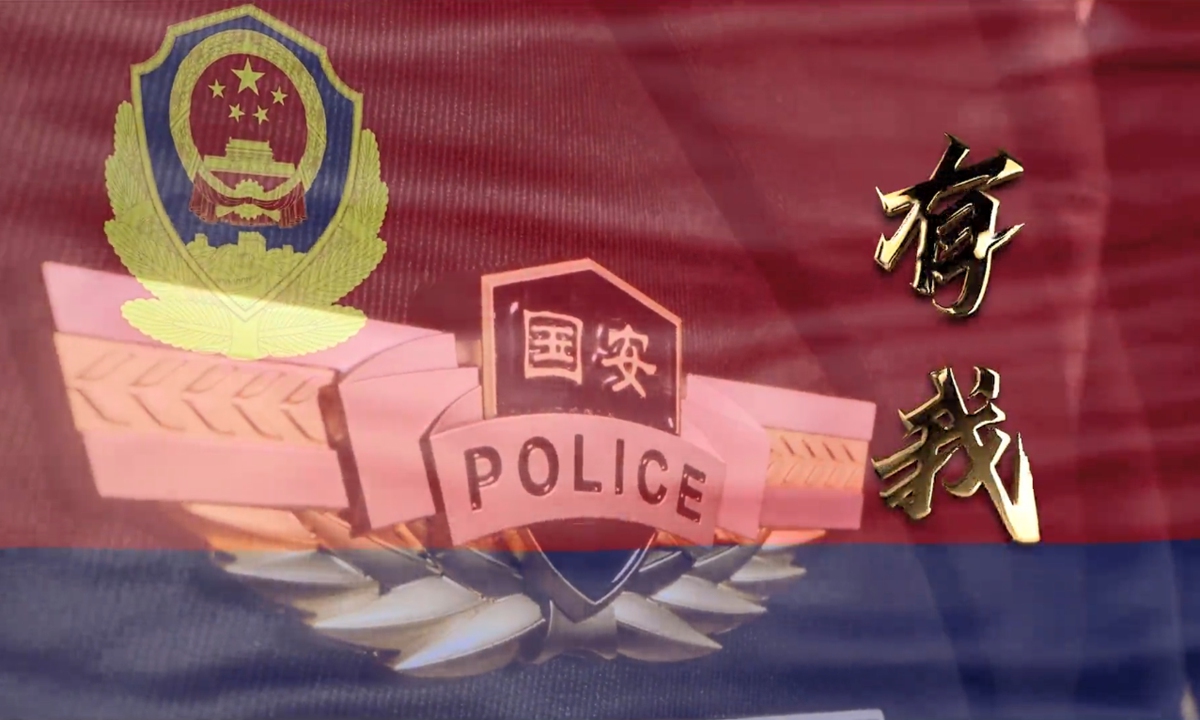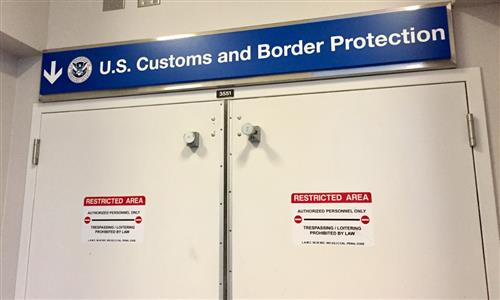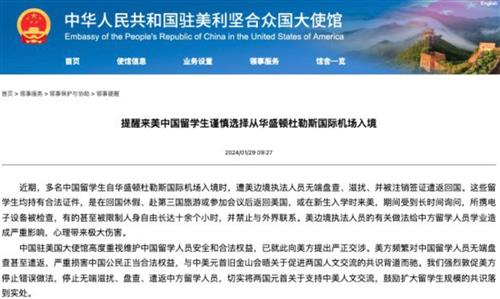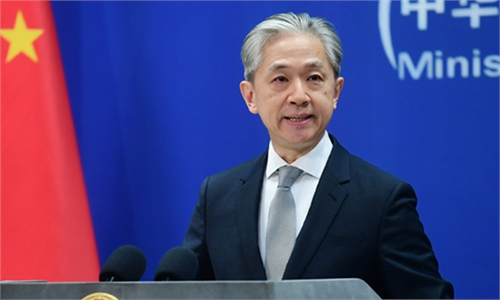China's state security authority issues tips on response to unwarranted interrogations and harassment to Chinese nationals going abroad

Chinese Ministry of State Security
China’s Ministry of State Security (MSS) released a series of tips on Monday in regard to coping with unwarranted interrogations and harassment that some Chinese students studying abroad were subjected to upon entering the US.
The MSS posted on its WeChat account that individual country has subjected Chinese nationals to unwarranted interrogations, harassment and detentions, with secondary checks in the “little black room” and “covert actions” occurring repeatedly.
Last month, several Chinese students studying abroad were subjected to lengthy unwarranted interrogations, also known as secondary inspection, and harassment upon their arrival at US airports, had their electronic devices including phones and computers inspected, and that some even saw their visas revoked and were given five-year ban from entering the US.
According to Chinese students who have experienced unwarranted interrogations, it is highly probable that they were interrogated because they major in sensitive science and engineering majors or their possibility of involvement with the programs of China Scholarship Council supported by the Chinese government.
To cope with such situations, the MSS reminded students not to panic and to stay calm. If any problem related to language occurrs, interpreting services should be sought rather than answer the questions casually.
If the questions involve state secrets or internal information of China, the person interrogated should refuse to answer. If internal materials are carried, they should be entrusted to a designated person, kept by employing encryption measures and avoid last-minute check-in or storage. In case of luggage inspection, the individual must be present to prevent any unauthorized tampering, the MSS said.
Besides, the MSS released a list of tips in coping with unknown personnel’s roping in and infiltration, or law enforcement departments’ entanglement and implicating.
Besides, personnel going abroad should abide by the relevant regulations of the host country or region and undergo legitimate and routine law enforcement checks. However, it is essential to stay vigilant in verifying the identity of the authorities.
If the other party publicly identifies themselves as espionages or intelligence agents, or law enforcement agents for appointment of talk and approaches with an attempt to solicit cooperation, one should firmly clarify their position, not go to the locations specified by the other party, refuse to accept any items offered, refrain from signing any documents, and avoid disclosing any internal information. Additionally, they should try to remember the identity of the other party and the content of the conversation, and report this encounter to the relevant authorities upon returning to China.
If one encounters an abnormal inspection, they should clearly state their position and say that they are Chinese nationals who legally entered the country through visa processing and have not engaged in any illegal activities. If the other party persists in interrogating, one can contact the Chinese embassy or consulates and request embassy personnel to be present.
The MSS also gives the suggestions on what should be done if one is coerced or deceived into engagement in activities harmful to China’s state security while staying abroad.
According to China’s Counterespionage Law, those who conducted espionage activities but turn themselves in or make meritorious contributions, can be given lenient, reduced, or exempted from penalties. Those who make significant contributions can be rewarded.
Besides, those who are coerced or deceived into espionage organizations or hostile groups overseas and get involved in the activities harmful to the state security of China, but promptly and truthfully explain the situation to China's diplomatic or consular missions abroad, or explain directly or through their affiliated organizations the situation to the state security departments upon their entry to China, and demonstrate their repentance, may not be held accountable for their behaviors.
Therefore, one should not take any chance and get deeper into the trouble in such a situation but should pull back before it is too late and truthfully report the situation.
Global Times



